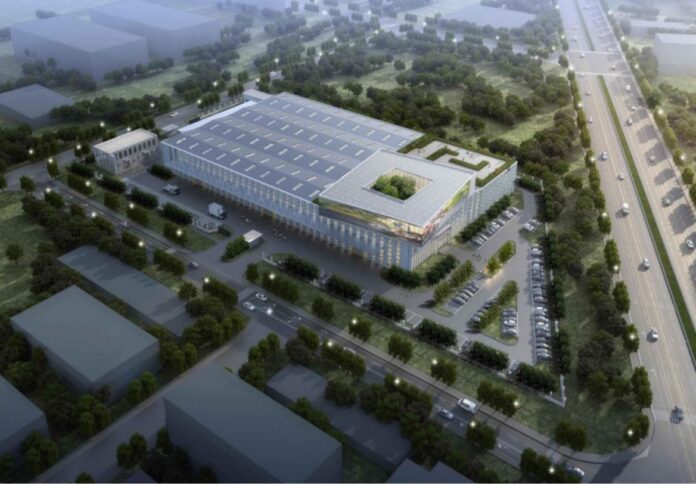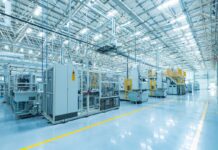
Electric two-wheel vehicle manufacturer Vmoto has inked a construction agreement worth $14 million to build new state-of-the-art manufacturing facilities on the recently acquired industrial land in the Lishui Economic Development Zone in Nanjing, China.
Upon completion, Vmoto’s manufacturing footprint will increase from 30,121m² to a total of 62,977m², and production capacity will increase from up to 150,000 units p.a. to a potential 300,000 units p.a.
In an ASX announcement, the company said the new hubs will be strategically positioned near Vmoto’s existing manufacturing base in Nanjing, creating synergies, economies of scale, and significantly enhanced capacity to fulfil expanding demand for Vmoto’s product.
The deal was struck with Jiangsu Yuxi Construction Co Ltd, a Nanjing-based construction firm that was founded in 2007 and has since completed a number of noteworthy projects in China.
The construction costs will be paid in 9 phases tied to construction progress from September 2023 to September 2026, subject to the satisfactory completion of each phase.
The new manufacturing facilities are scheduled to be completed in September 2024 and operational by the end of 2024.
Charles Chen, managing director of Vmoto, stated that the acquisition of new industrial land and the construction of new manufacturing facilities is a strategic step that is consistent with the company’s long-term international expansion strategy.
“We expect it will bring a number of benefits to the company, with minimal downside risks, and will allow Vmoto to continue to move towards its goal of becoming a world-class e-mobility solution provider,” Chen stated.
According to the ASX-listed company, the strategic decision to boost manufacturing capacity now indicates management’s confidence in its longer-term growth strategy.
This is due to the continuing global shift of the transportation industry to net zero carbon, which necessitates the global adoption of electric vehicles.
The company stated that more information will be supplied as construction on the new manufacturing facilities moves forward.




















